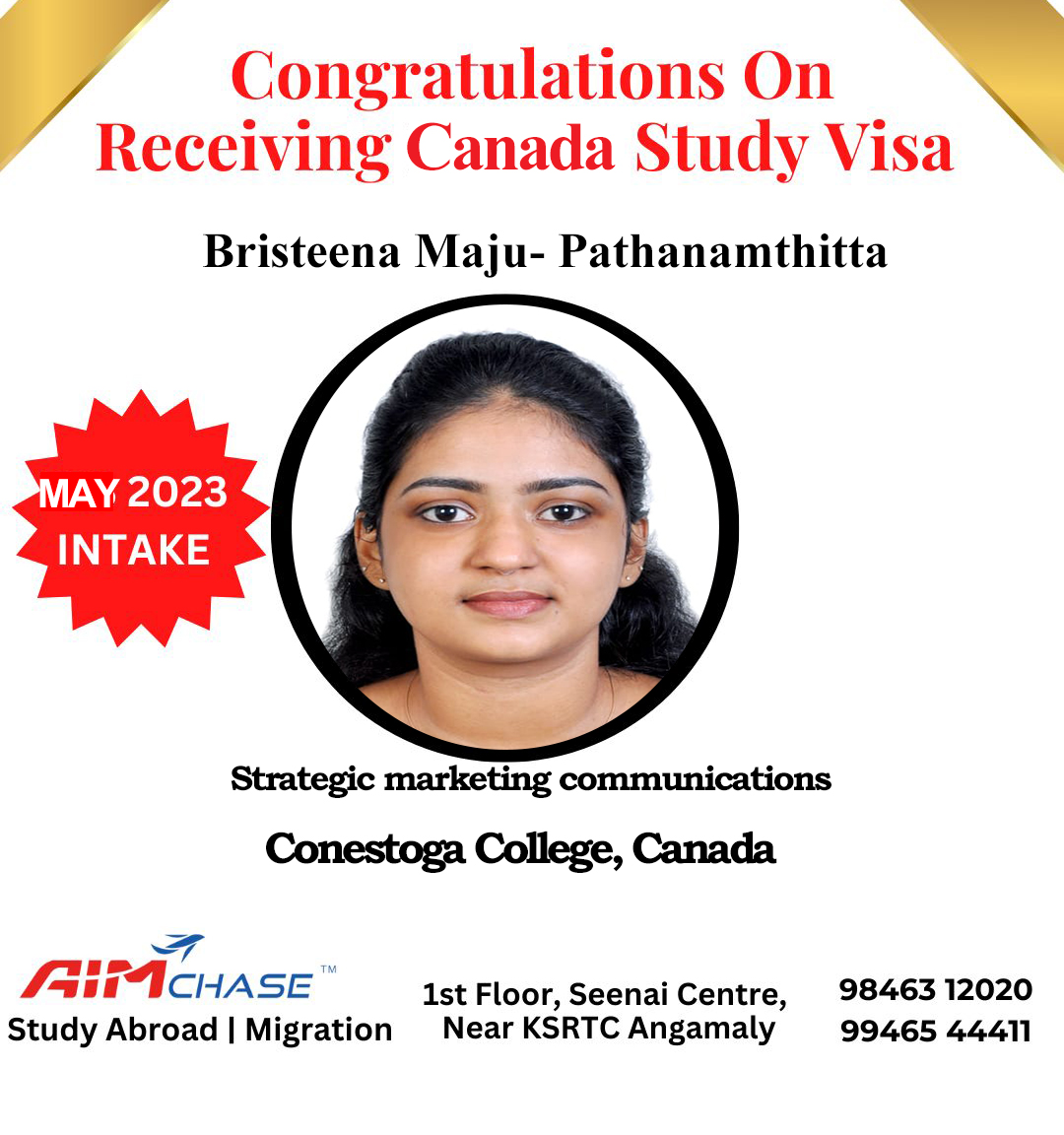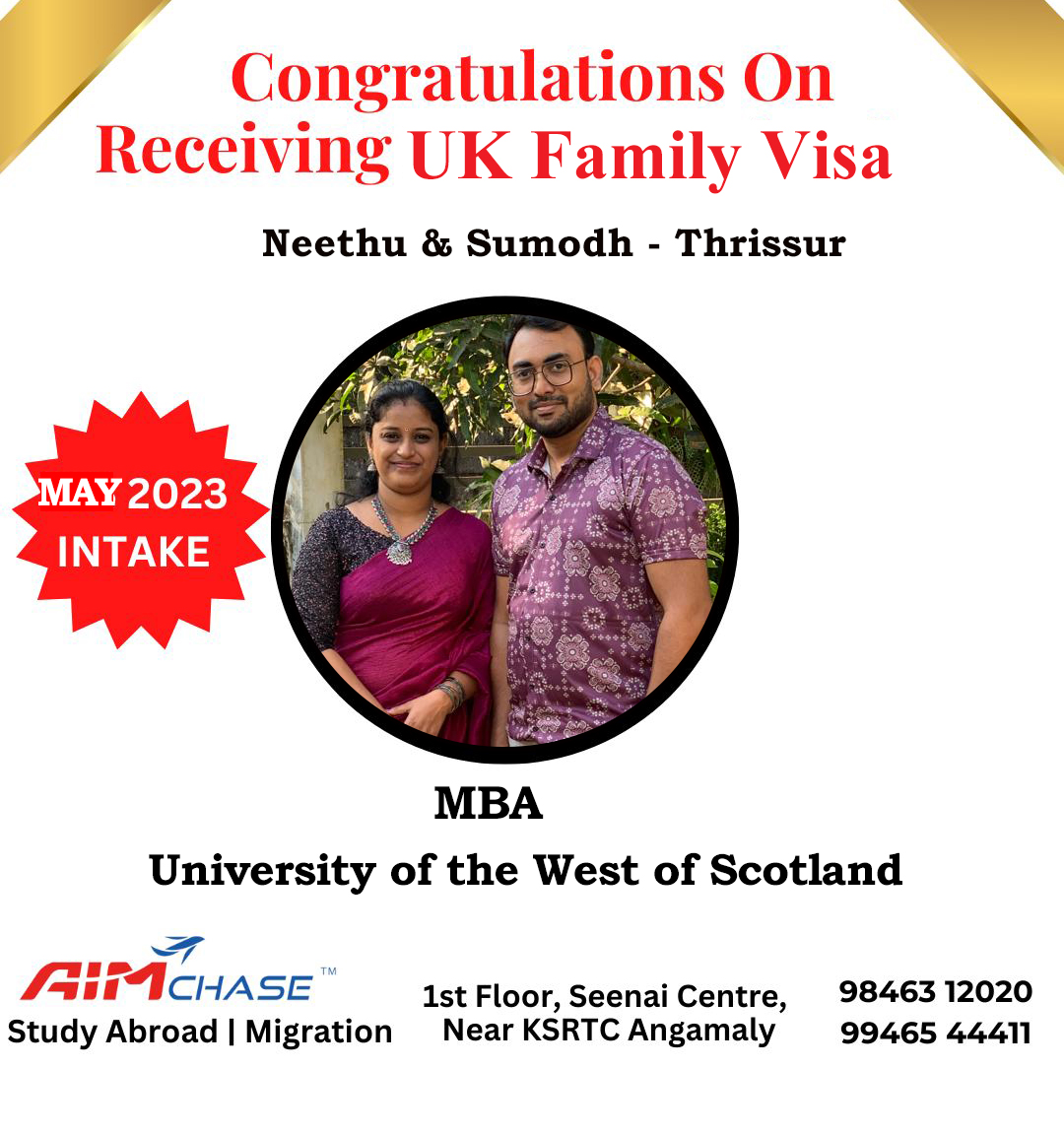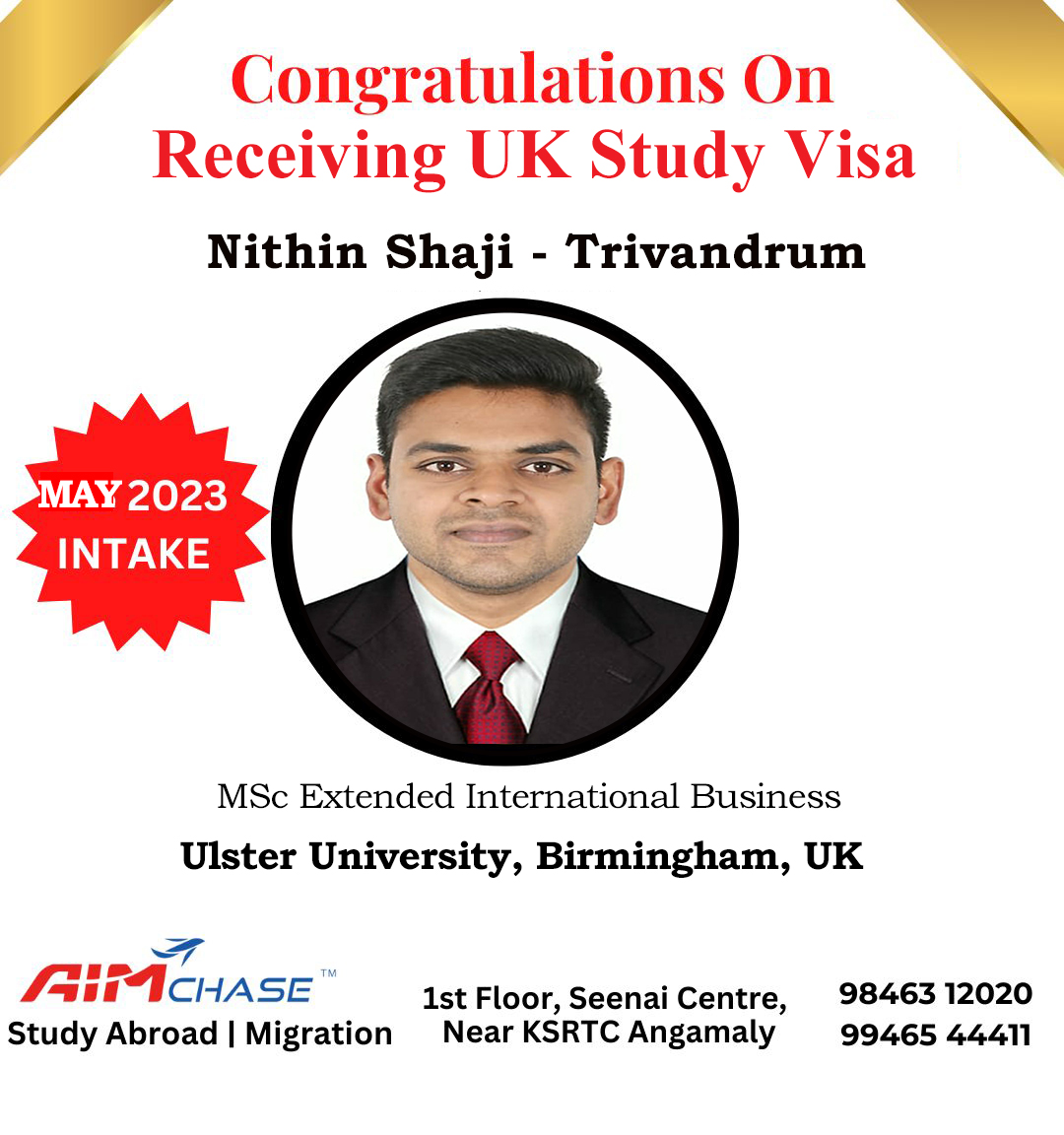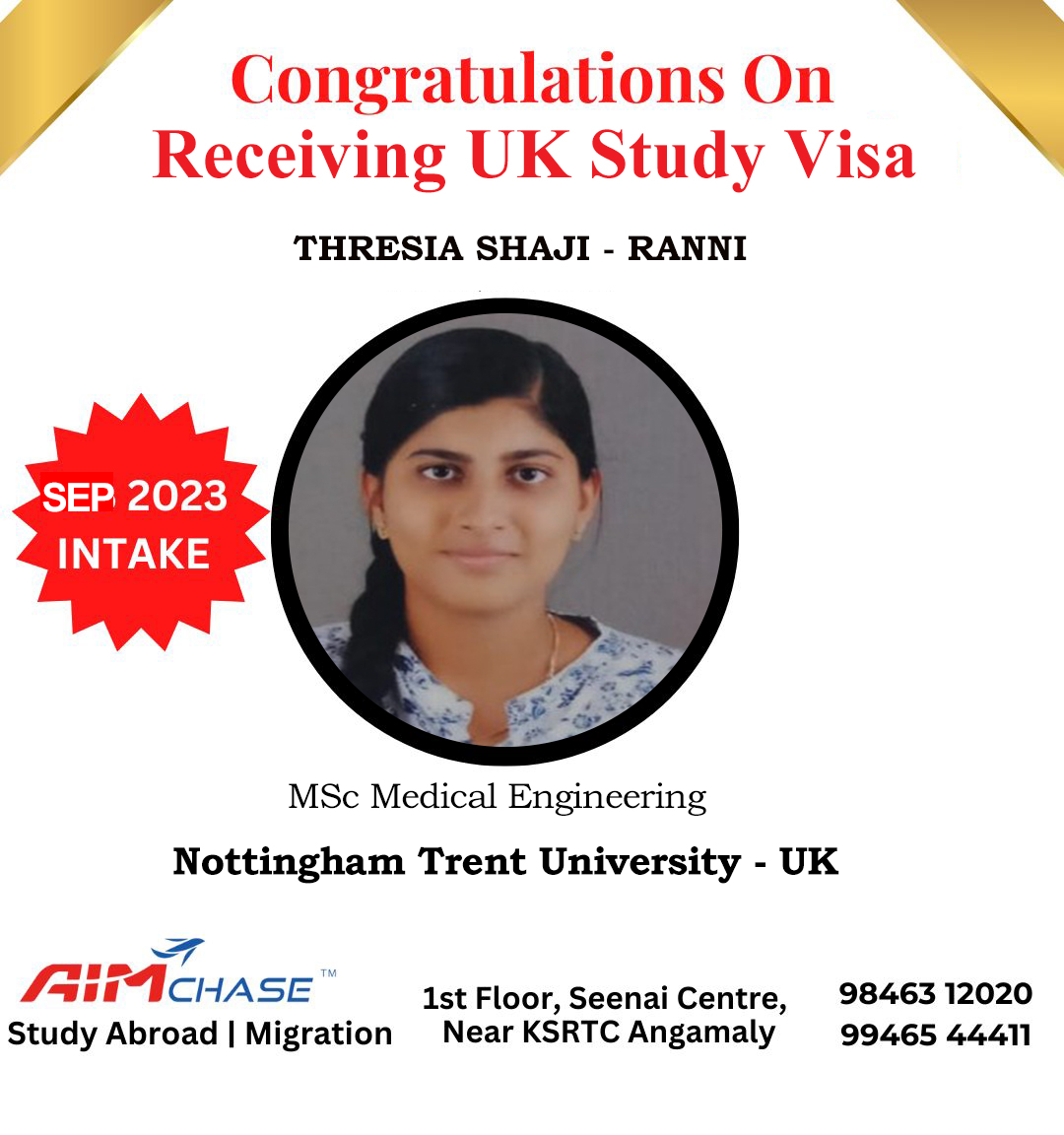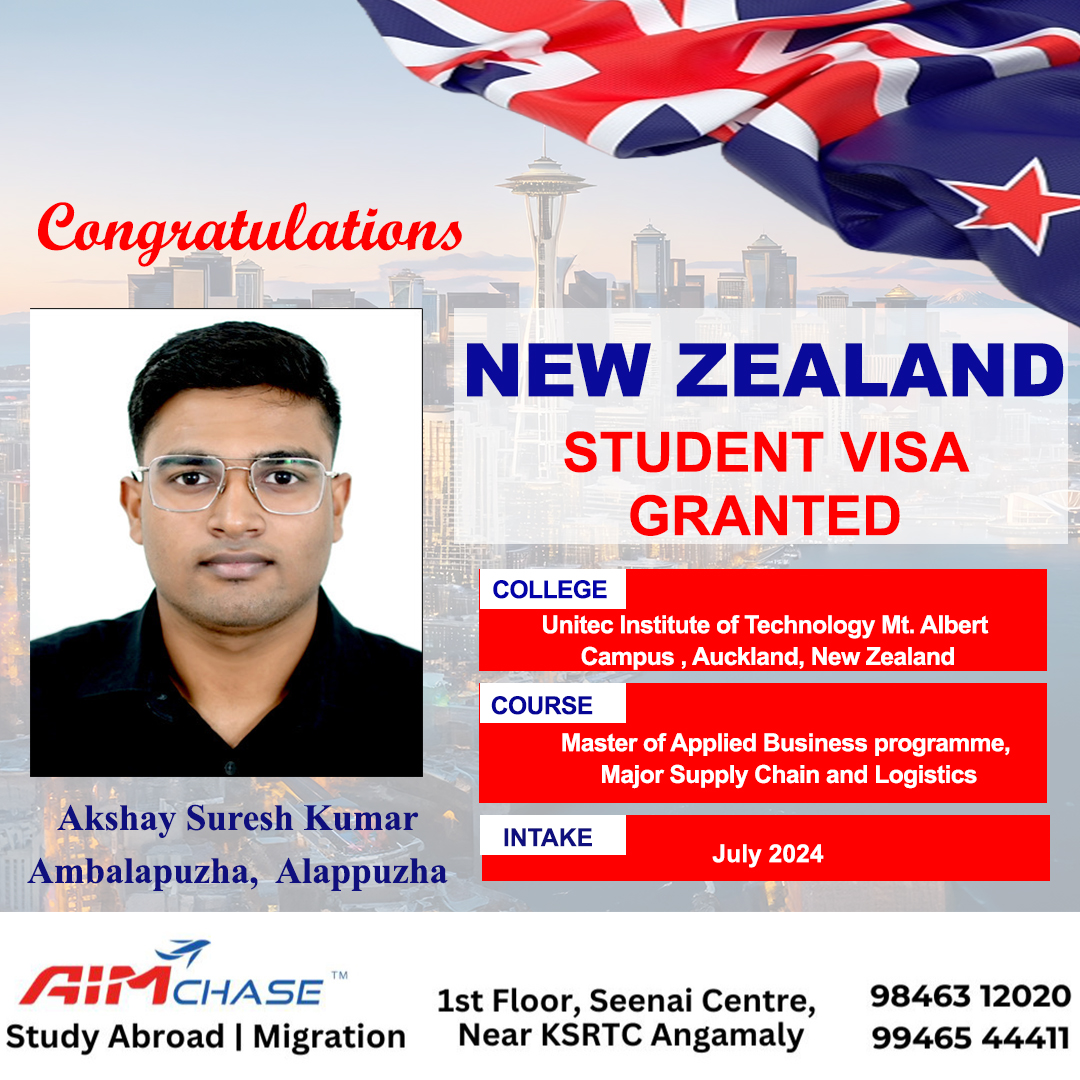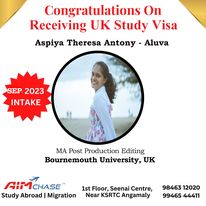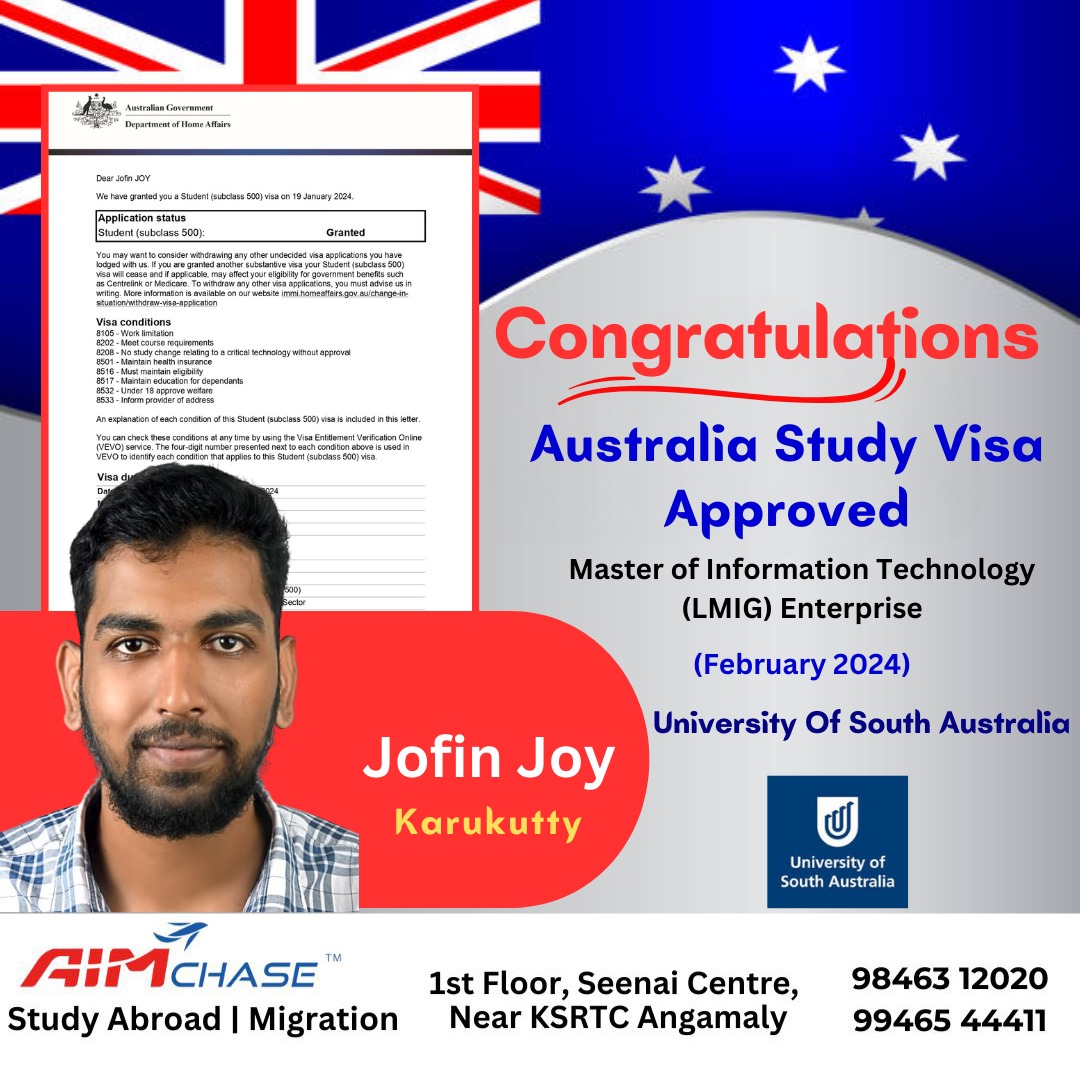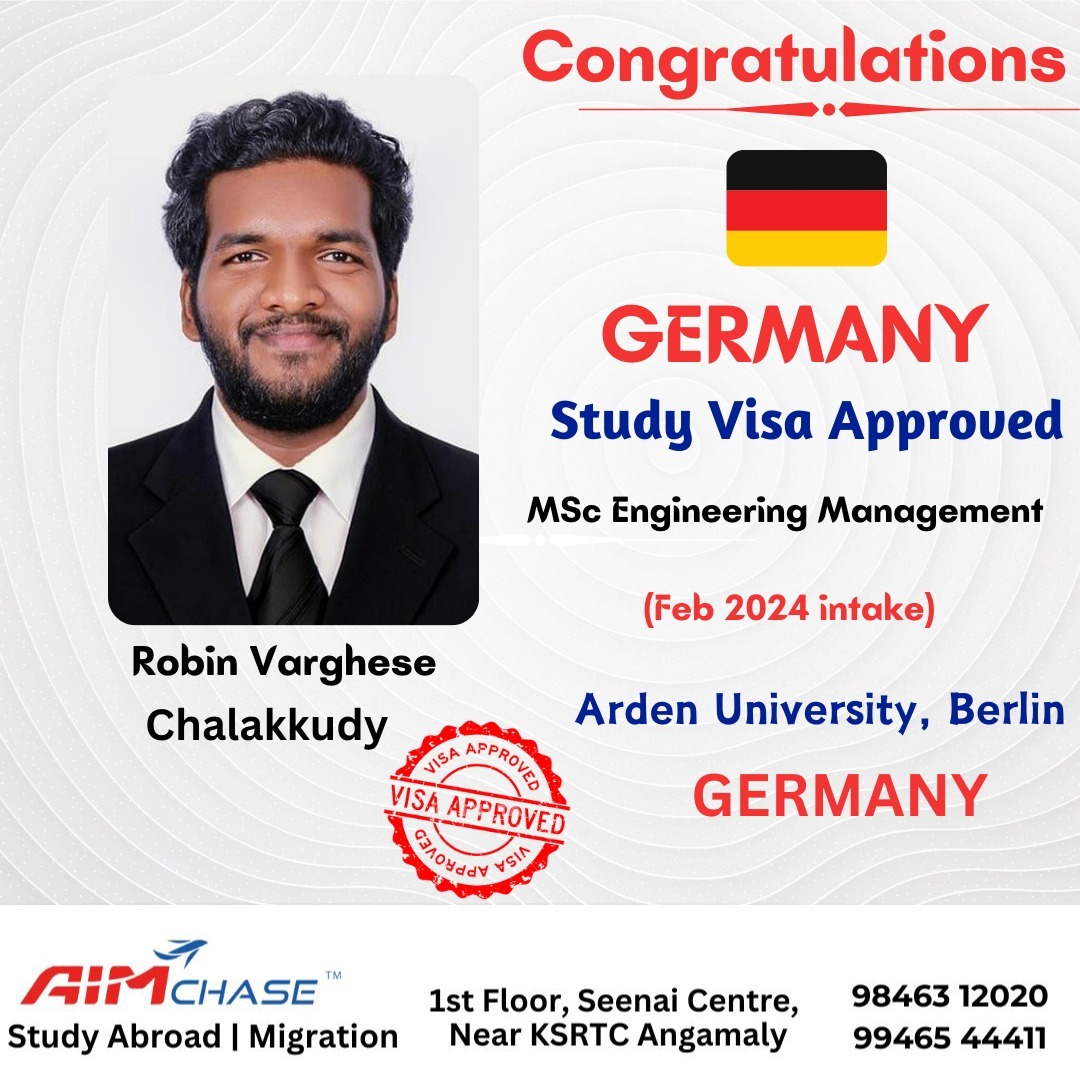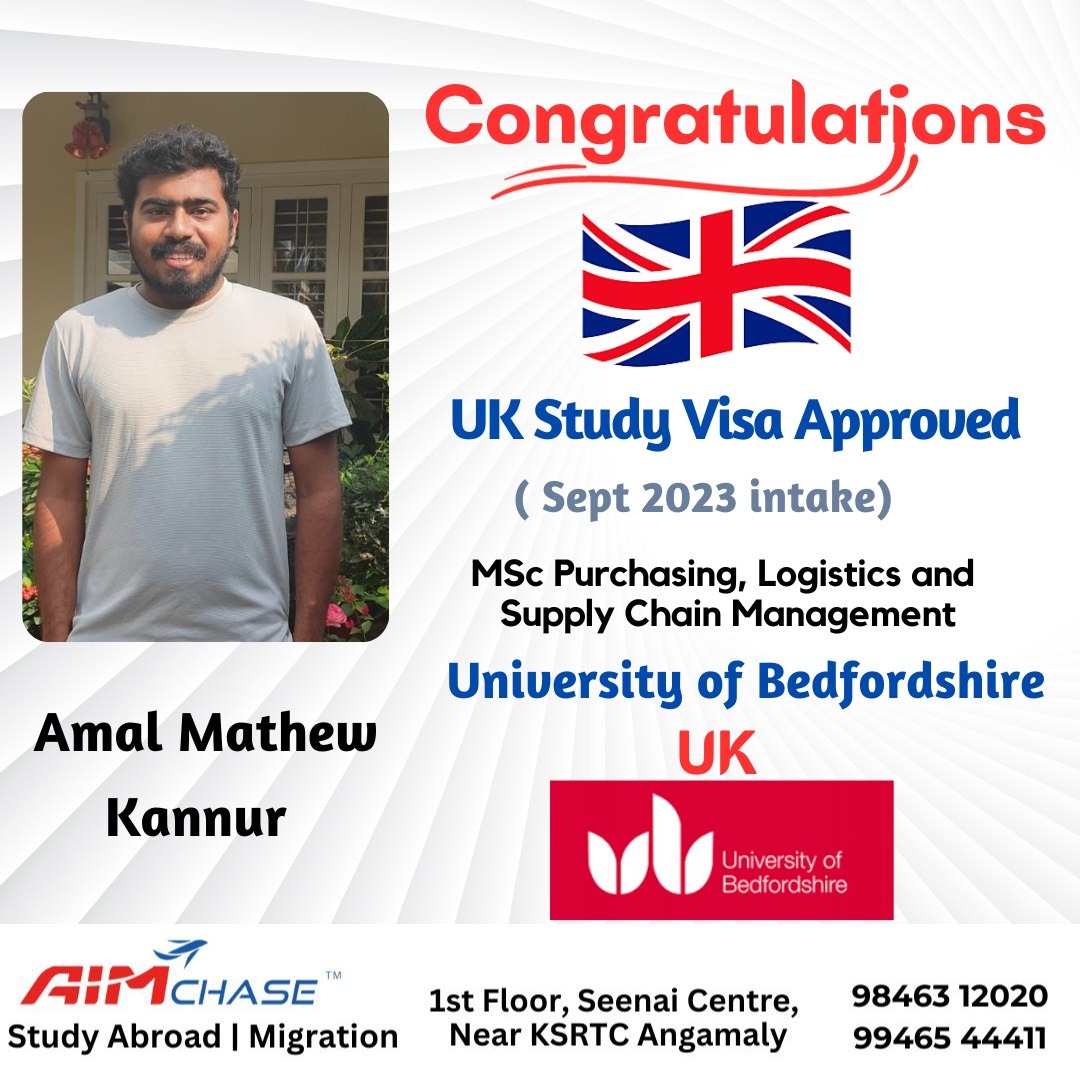Students from all over the world come to Ireland for its distinctive and rewarding educational experience. Due to its excellent educational system, hospitable culture, and breathtaking surroundings, Ireland has become a popular choice for international students. Ireland's commitment to providing top-notch education is one of the key arguments in favor of studying there. With a wide range of
programs offered across subjects, its universities and institutes are routinely ranked among the best in the world.
Studying in Ireland offers opportunities for both personal and professional growth in addition to a warm and inviting environment and a variety of cultural experiences. Whether pursuing graduate or undergraduate degrees, Ireland provides a comprehensive and rewarding educational experience.
- High-Quality Education
Ireland is home to a number of world-class universities and educational institutions known for their academic prowess and high-quality education. Many programs are internationally recognized, providing students with a valuable and respected qualification.
- English Language
Because English is the major medium of instruction in Irish universities, it is a popular choice for English-speaking overseas students. This allows for easier communication and incorporation into academic and social settings.
- Research Opportunities
Ireland is well-known for its research and innovation. Many institutions
actively engage in cutting-edge research across multiple fields, giving
students opportunities to participate in creative projects and improvements.
- Friendly and Welcoming Atmosphere
Ireland is well-known for its warm and inviting culture. The welcoming
atmosphere and nice people make it simpler for international students to adjust and feel at home.
- Work Opportunities
International students are normally permitted to work part-time during their studies and full-time during scheduled breaks in Ireland. This allows you to obtain work experience while also supplementing your living expenditures.
- Post-Study Work Options
Through the Third Level Graduate Scheme, Ireland provides post-study career possibilities, allowing graduates to stay and work in Ireland after completing their studies.
- Global Companies and Industries
Many global corporations are headquartered in Ireland, particularly in the technological, pharmaceutical, and financial industries. Studying in Ireland allows students to engage with these businesses and potentially follow career options with multinational corporations.
- Cultural Richness
Ireland has a rich cultural past centered in literature, the arts, and traditions. Students can immerse themselves in Irish culture by participating in music, dance, and festivals.
- Safe and Peaceful Environment
Ireland is regarded as one of the safest countries on the planet. The low crime rate, stable political environment, and inviting neighborhoods all contribute to a pleasant way of life and education.
Ireland's education system is well respected internationally, and the country has emerged as a desirable destination for overseas students seeking a high-quality education. Here is an outline of the Irish education system for international students:
- Higher Education System
Universities:
There are various universities in Ireland that are well-known for their
academic prowess and research accomplishments. Trinity College Dublin,
University College Dublin (UCD), and University College Cork (UCC) are a few examples.
Institutes of Technology (IoTs) :
IoTs provide a more hands-on, practical approach to education, emphasizing applicable skills and vocational training. These institutes frequently have close ties with industry.
Colleges:
There are also private and independent colleges that provide a wide range of programs, including specialty courses in business, the arts, and technology.
- Degree Levels
Undergraduate Degrees:
Undergraduate studies in Ireland typically last three to four years and lead to bachelor's degrees.
Postgraduate Degrees:
Postgraduate degrees include master's and doctorate programs, with masters courses Ireland often taking one or two years to complete.
For international students, Ireland provides a wide choice of degrees in a variety of fields. Universities, institutes of technology, and private colleges bestow the qualifications.
- Bachelor’s Degrees:
Undergraduate programs in Ireland often result in a Bachelor's degree (e.g., Bachelor of Arts, Bachelor of Science, etc.). Typically, the period is three to four years.
- Honours Bachelor's Degrees
Some programs offer Honours Bachelor's degrees, which may require an extra year of study and may contain a research or thesis component.
- Master's Degrees
In Ireland, master's degrees normally last one or two years. They may consist of coursework, research, or a combination of the two. Master of Arts(MA), Master of Science (MSc), and Master of Business Administration(MBA), Ireland universities for MS are common degrees.
- Doctoral Degrees (Ph.D.)
In Ireland, Ph.D. programs are research-focused and typically last three to four years. Students do independent study that leads to the completion of a doctoral thesis.
- English language competency examinations are frequently needed for international students seeking admission to academic programs in
Ireland. IELTS (International English Language Testing System) and
DUOLINGO English Test are the two most widely regarded English
language competency examinations. We will help you to find universities in Ireland without IELTS and Duolingo-accepted universities in Ireland.
- IELTS (International English Language Testing System)
- IELTS is generally acknowledged by Irish universities and colleges.
- The overall band score needed varies according to the institution and program.
- An IELTS score of 6.0 to 6.5 is commonly required for undergraduate programs.
- The prerequisite for postgraduate programs may be greater, ranging from 6.5 to 7.0 or more.
- DUOLINGO English Test
- DUOLINGO is an online English proficiency test that is becoming popular in various Irish educational institutions. The needed DUOLINGO scores vary, but are usually between 95 and 110
- TOEFL (Test of English as a Foreign Language)
- TOEFL scores may be accepted as an alternative to study in Ireland without IELTS by some universities. The needed scores can vary, however for the internet-based test (iBT), a normal range is 80 to 100.
The cost of education in Ireland varies depending on a number of factors, including the level of study, the specific institution, the curriculum chosen, and the length of the course. There are so many cheapest universities in Ireland and affordable universities in Ireland.
- Tuition Fees
- Undergraduate Programs: Undergraduate tuition expenses normally range from €10,000 to €20,000 per year, depending on the course and school.
- Postgraduate Programs: Tuition for postgraduate programs might vary significantly. They typically range from €10,000 to €25,000 each year.
- Living Expenses:
Living expenses vary according on geography and lifestyle. Students should budget between €10,000 to €12,000 per year for housing, food,
transportation, and other miscellaneous expenses.
- Health Insurance:
International students in Ireland are required to get health insurance. Health insurance might cost between €150 and €700 per year.
For most undergraduate and postgraduate programs in Ireland, the academic year is divided into two main intakes: the autumn (September) intake and the spring (January) intake. These intakes correspond to the academic calendars of Ireland's universities and institutions. Here's an overview of the two main intakes:
- Autumn Intake (September):
- The autumn intake is the academic year's principal intake and the most typical time for international students to commence their studies.
- Students can apply for programs that begin in the autumn semester,which typically begins in September.
- The autumn intake is accepted by the majority of undergraduate
and postgraduate programs, including business, engineering, science, arts, and humanities.
- Spring Intake (January):
- Although the spring admission is smaller than the autumn intake, it provides an additional entrance point for certain programs.
- Students can apply for programs that begin in the spring term, which normally begins in January.
- Some postgraduate programs, particularly in business, computer
technology, and specific engineering professions, may have January
intakes.
While the autumn intake is the primary admission point for the majority of programs, spring intake availability varies by institution and subject. Some universities and colleges may only offer a few programs in the spring semester, while others may not have any at all.
Ireland is located to a number of prestigious educational institutions, including universities, institutes of technology, and colleges. In general, Ireland universities offer a variety of facilities and services to meet the needs of international students. Dedicated support services to help international students with visa issues, housing, cultural adjustment, and any other difficulties they may face.
- Trinity College Dublin (TCD)
- University College Dublin (UCD)
- University College Cork (UCC)
- National University of Ireland, Galway (NUIG)
- Dublin City University (DCU)
- University of Limerick (UL)
- Maynooth University
- Dublin Institute of Technology (DIT)
- Cork Institute of Technology (CIT)
Ireland provides a wide selection of courses in a variety of subjects, and the popularity of specific programs varies according to market need, research quality, and worldwide trends. Starting a higher education journey is a big step, and picking Ireland as your study destination opens you a world of academic quality and numerous prospects. Ireland, with its rich cultural heritage, dynamic cities, and
world-class educational institutions, provides a diverse range of course
alternatives.
- Computer Science and Information Technology:
- Computer Science
- Software Engineering
- Data Science
- Information Technology
- Business and Management:
- Business Administration
- Marketing
- Finance
- Management
- Engineering:
- Mechanical Engineering
- Electrical Engineering
- Civil Engineering
- Aerospace Engineering
- Health Sciences and Medicine:
- Medicine (MBBS)
- Nursing
- Pharmacy
- Public Health
- Biotechnology and Life Sciences:
- Biotechnology
- Biochemistry
- Genetics
- Pharmaceutical Sciences
- Data Analytics and Big Data:
- Data Analytics
- Big Data Management
- Business Analytics
- Finance and Accounting:
- Accounting and Finance
- International Business and Finance
- Financial Mathematics
- Environmental Science and Sustainable Development:
- Environmental Science
- Sustainable Energy
- Environmental Management
- Digital Marketing and Communications:
- Digital Marketing
- Communications
- Media Studies
- International Relations and Global Business:
- International Relations
- Global Business
- International Law
- Education:
- Education Studies
- Primary Education
- Secondary Education
- Psychology and Social Sciences:
- Psychology
- Sociology
- Social Work
- Tourism and Hospitality:
- Tourism Management
- Hotel Management
- Culinary Arts
Stamp 2 (Student Visa):
International students with a Stamp 2 visas are normally permitted to work part-time (up to 20 hours per week) during the academic term and full-time during authorized university holiday periods.
- Bachelor's Degree (Level 7): Generally, students who complete a Bachelor's Degree at Level 7 are eligible for a post-study work permit of up to 6 months.
- Bachelor's Honours Degree (Level 8): Graduates with an Honours
Bachelor's Degree at Level 8 are typically eligible for a post-study work permit of up to 12 months.
- Master's Degree/Postgraduate Diploma (Level 9): Graduates with a Master's Degree or Postgraduate Diploma at Level 9 are eligible for a post-study work permit of up to 24 months (2 years).
 Ireland
Ireland

